Jyotishmati | Celastrus Paniculatus is native to India, and called “the intellect tree” as people using this plant would be able to learn new information more quickly, and more accurately and efficiently?
Jyotishmati (Celastrus Paniculatus)
Did you know that Jyotishmati with the botanical name Celastrus Paniculatus is native to India, and called “the intellect tree” as people using this plant would be able to learn new information more quickly, and more accurately and efficiently?
Jyotishmati with the botanical name Celastrus Paniculatus in the Family Celastraceae, a deciduous climbing medicinal herb, grows throughout India at elevations up to 1,800 m (5,900 ft). It is called “the intellect tree” as people using this plant would be able to learn new information more quickly, and more accurately and efficiently. It is also known as black oil plant, or malkanguni, native to India but also grows in Taiwan, and Southeast Asia.
While it is known as black oil plant or bitter sweet in English, its Indian vernacular names are: Agnibhasa, Jyotishmati, Jyotishlata, Supingala, Swarna lata in Sanskrit; Bhavanga beeja, Gangunde kaayi, Gangunga hambu, Maala kanguni in Kannada; Malakanguni, Mlkauni in Hindi; Ceruppunna, Palulavam, Paluzhavam in Malayalam; Carasvati, Acuvalakkal, Malgangunicinnavaluluvai in Tamil; and Baavanji, Gandumida, in Telugu.
Jyotishmati' is a rare and endangered important medicinal plant popularly called as “elixir of intellect”. It is a large, woody, unarmed climbing shrub occurring naturally in hilly parts of India. Its stems twine into the surrounding vegetation, helping to support themselves by means of hooked prickles. Its leaves are simple, broadly ovate, apex abruptly acuminate, base ronded or acute, crenulate; petiole 6 mm long. Its flowers are bisexual with 5 stamen, and yellowish white in colour. Yields fruits like a capsule, with loculicidal and yellow mass, fruiting from February to May.
Chemical constituents of its seeds as revealed by phytochemical analysis were sesquiterpene alkaloids like celapagine, celapanigine and celapanine.
The black oil plant known as an Ayurvedic Vanaspati, is harvested from the wild for local use as a medicine and source of oil. Jyotishmati can be used in food. Unripe fruits are boiled and eaten as vegetable.
Apart from its nootropic support in treating mental acuity, enhance memory and intellect with retention and recalling power, it is used to alleviate mental fatigue and stress. In Indian medicine, it is also used to cure depression, paralysis, leprosy, fever, abdominal disorders, cancerous tumors, and also in abortions in a medicne called 'Abortivo'.
- Narasipur Char

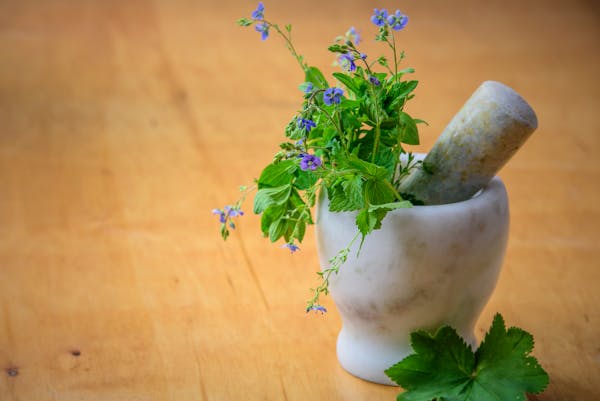
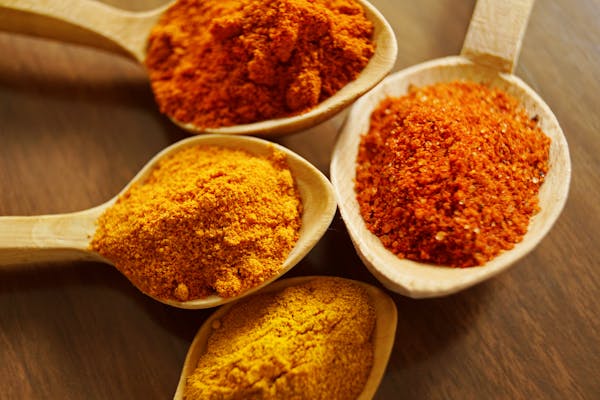
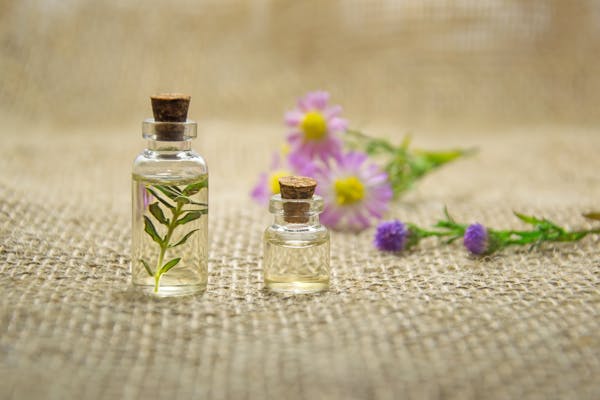

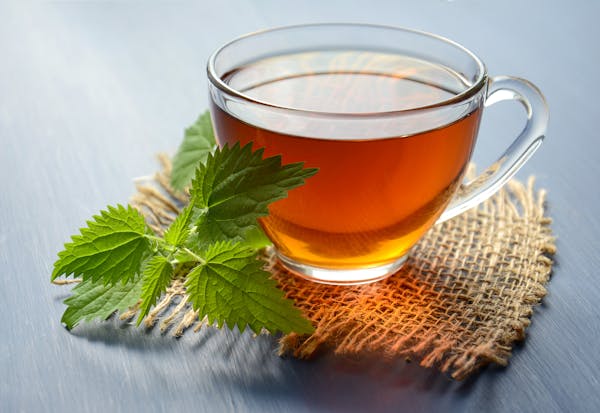
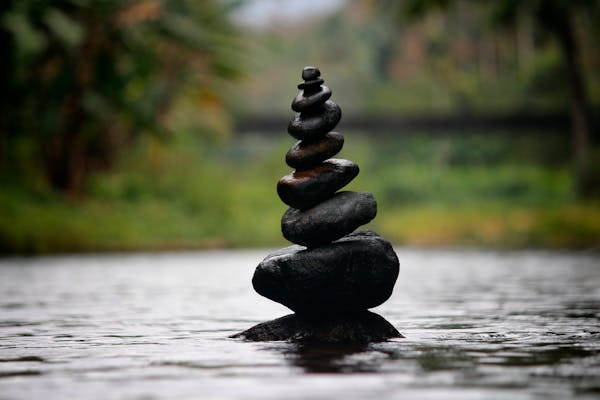












No comments:
Post a Comment